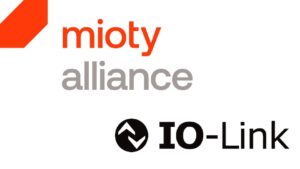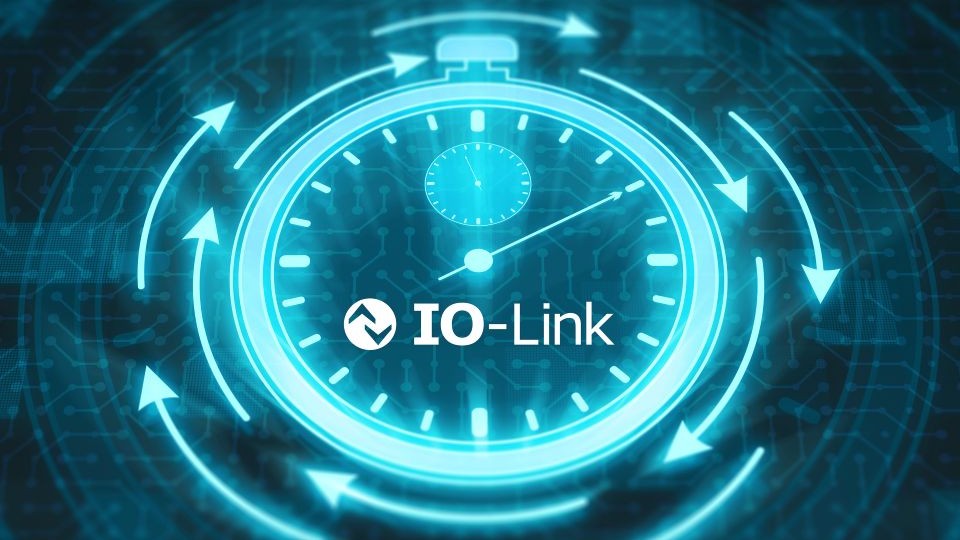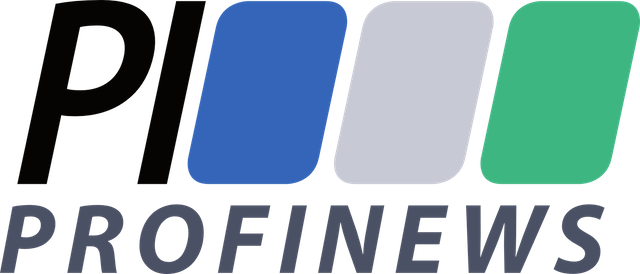IO-Link is continuing on a highly expansionary course of growth. This is expressed both by the number of nodes and the variety of different devices. IODDfinder now lists more than 11,000 different devices, making it the largest database for sensors and actuators with IO-Link. With 700,000 accesses per month, IODDfinder has become a primary tool of the IO-Link community. The long-term IO-Link strategy is based on consistent further development of its range of technologies for opening up new areas of application – and therefore further growth – to both manufacturers and users.
 By enhancing transmission technology, IO-Link can also penetrate and open up new markets. Smart Cities applications need “low-power, long-range” wireless technology for sensors, for example. This technology – also known as narrow band IoT – shall be implemented through cooperation by IO-Link and Mioty. Thanks to this cooperation, both technologies have an immense benefit. IO-Link is getting additional wireless transmission, and Mioty is benefiting from an established, globally recognized data model which is ideally integrated into automation systems.
By enhancing transmission technology, IO-Link can also penetrate and open up new markets. Smart Cities applications need “low-power, long-range” wireless technology for sensors, for example. This technology – also known as narrow band IoT – shall be implemented through cooperation by IO-Link and Mioty. Thanks to this cooperation, both technologies have an immense benefit. IO-Link is getting additional wireless transmission, and Mioty is benefiting from an established, globally recognized data model which is ideally integrated into automation systems.
The enhancement of data with precise time information represented another planned expansion of the transmission technology. Using so-called time stamps, sensor signals can be synchronized with actuator responses independently of cycle times in a highly precise way, for example. It will also be possible to correlate measurement data from different sources for time-accurate evaluations. An example of this would be the multi-channel vibration analysis of machines. Time accuracy of under 50 μs is being striven for, and this represents a significant improvement over the cyclical transmission of 2 ms. Time stamps with an absolute time can be used for the time-accurate logging of events in the devices, for example.

Another key element of the IO-Link strategy is the IIoT connection of the IO-Link level to the world of IT. Successful JSON connection via the REST API will continue to advance MQTT support in an upcoming release, thereby offering a streamlined, highly functional connection, such as to cloud-based monitoring services or asset management.
Another building block for future growth is the ease of device use in the applications of machine and system producers. Thanks to profiles for different device classes, data models are being standardized and can also be used in a standardized way. Profiles for the smart lights, identification, smart actuators and smart power device classes are currently in the works.
